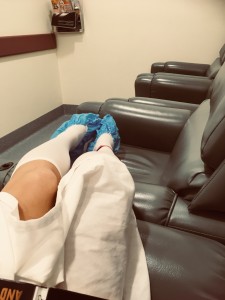Are you using the best quality essential oils available?
In Australia there is no rating system for essential oils. The TGA do not have any requirement, as they do not regulate cosmetic labeling. All oils in the world however, fall into one of 4 categories.
Grade A, Grade B, Grade C and Grade D
Young Living Essential Oils are the only company that I know of, that have Food Standards Australia and New Zealand (FSANZ), approval on 33 essential oils for culinary use. This means they are approved for ingestion…
“Seed to Seal means that every plant is hand-weeded, there are no pesticides used, no chemicals and no weed-killers.”
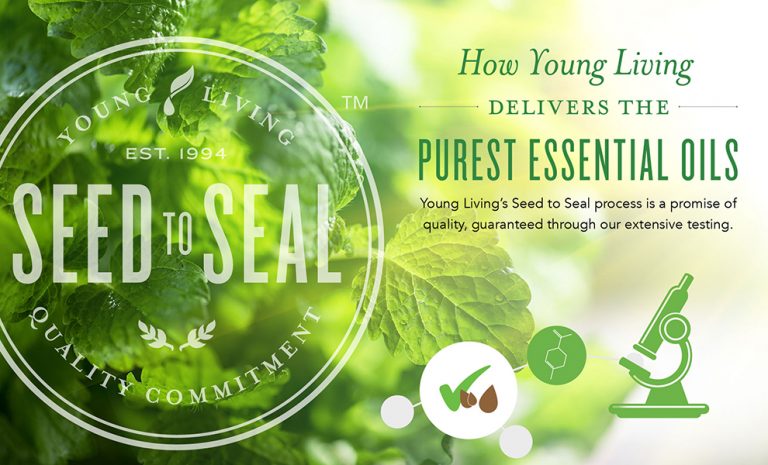
- Grade A is therapeutic, made from organically grown plants and distilled at low temperatures.
- Grade B oils are food grade but may contain synthetics, pesticides, fertilizers, chemical extenders or carrier oils.
- Grade C are perfume oils that often contain adulterated chemicals. They usually use solvents to gain a higher yield per harvest and may be diluted by 80-95 percent with alcohol.
- Grade D is called floral water, which is aromatic only and usually a by-product of Grade A distillation. It can often be labeled pure, even though it is just the “trash” water.
Grade A is the only true pure oil.
Before you purchase essential oils, check to see that the company grows their own plants, owns their own fields and controls the whole process from ‘Seed to Seal’.
‘Seed to Seal’ means that every plant is hand-weeded, there are no pesticides used, no chemicals and no weed-killers. The plants are harvested at their peak, and then they are put through rigorous testing processes. Pesticides, pollution, and previously farmed land – all of it can affect an essential oil.
You can read more about the Seed to Seal Process here
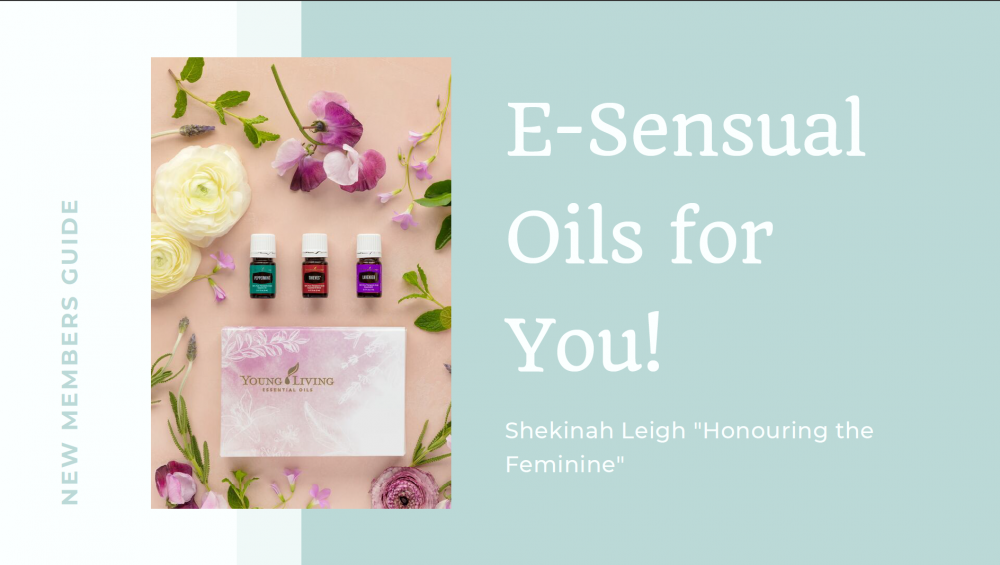
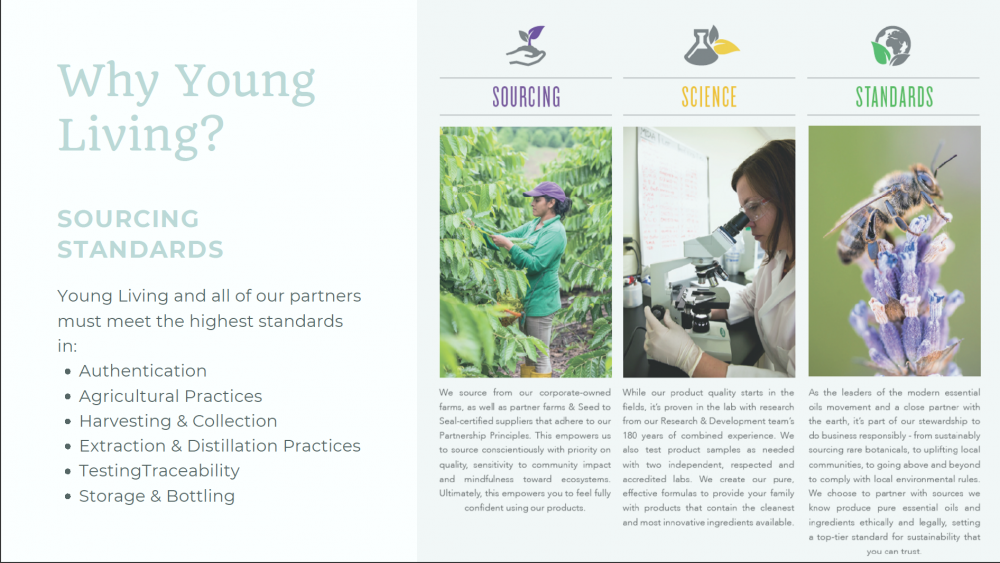
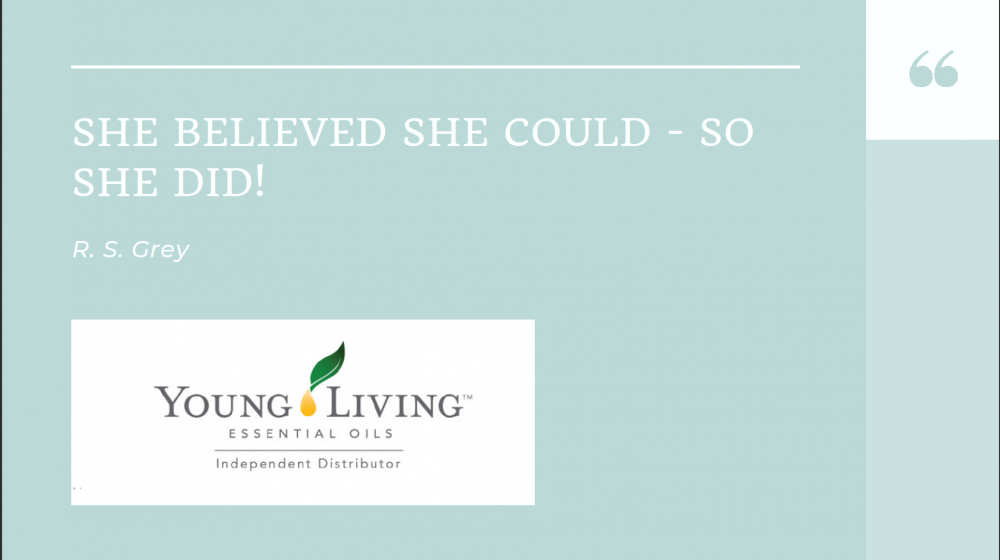
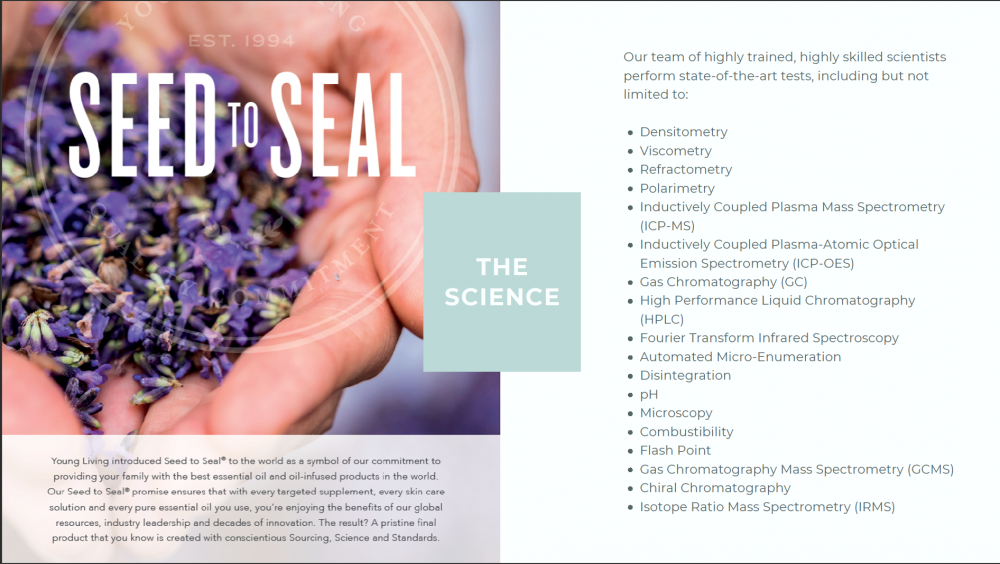
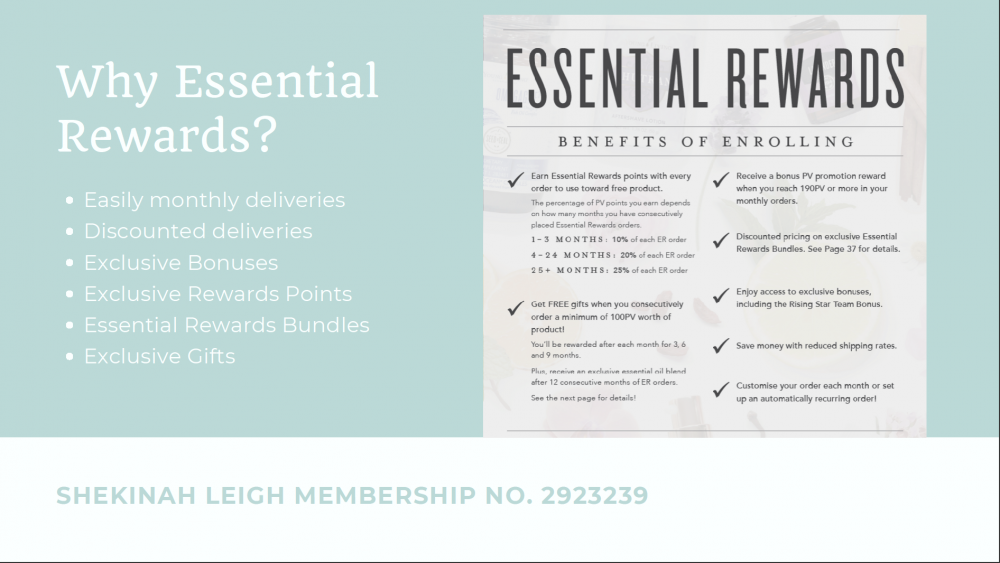

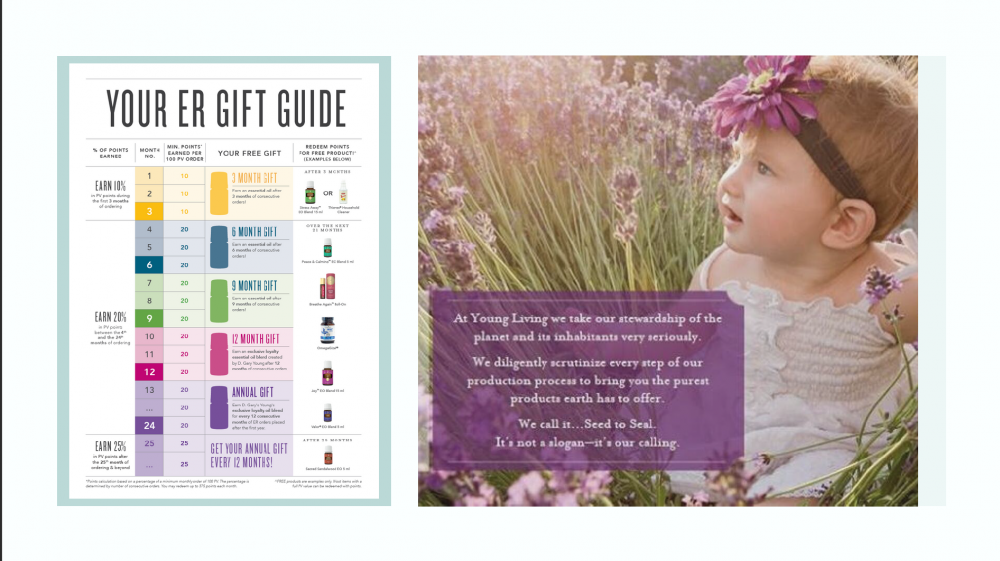
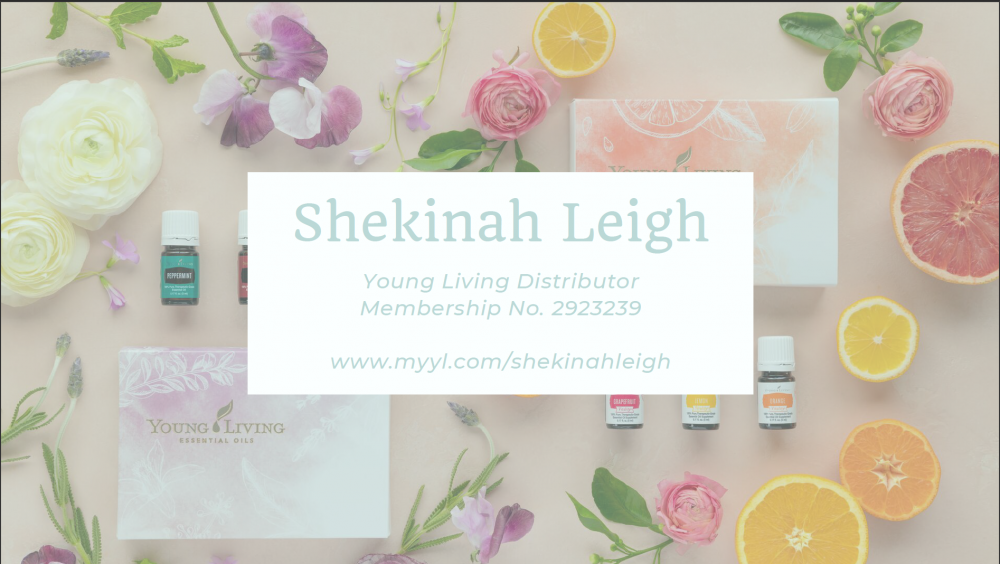
How can other oil companies sell their oils more cheaply?
If you spray your crop with pesticides, you have more crop to distill. If you use a chemical solvent to extract the oil, you pull more out. If you dilute with a cheap carrier oil, or synthetic alternative, you stretch out the oil. Most essential oils are sold more cheaply because companies cut corners.
Gary Young has said that he never makes oil for a profit; he makes it for a purpose. Seed to Seal is not a slogan, it’s a promise!
- Densitometry
- Viscometry
- Refractometry
- Polarimetry
- Inductively Coupled Plasma Mass Spectrometry (ICP-MS)
- Inductively Coupled Plasma-Atomic Optical Emission Spectrometry (ICP-OES)
- Gas Chromatography (GC)
- High Performance Liquid Chromatography (HPLC)
- Fourier Transform Infrared Spectroscopy
- Automated Micro-Enumeration
- Disintegration
- pH
- Microscopy
- Combustibility
- Flash Point
- Gas Chromatography Mass Spectrometry (GCMS)
- Chiral Chromatography
- Isotope Ratio Mass Spectrometry (IRMS)
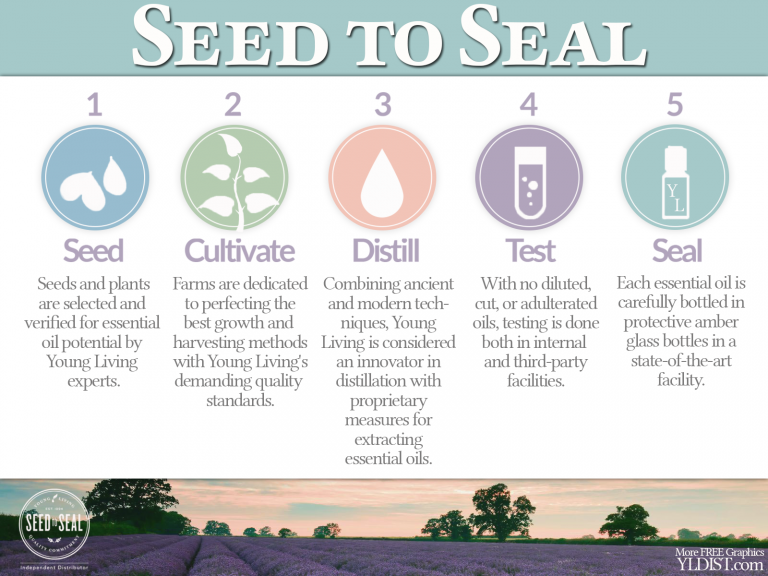
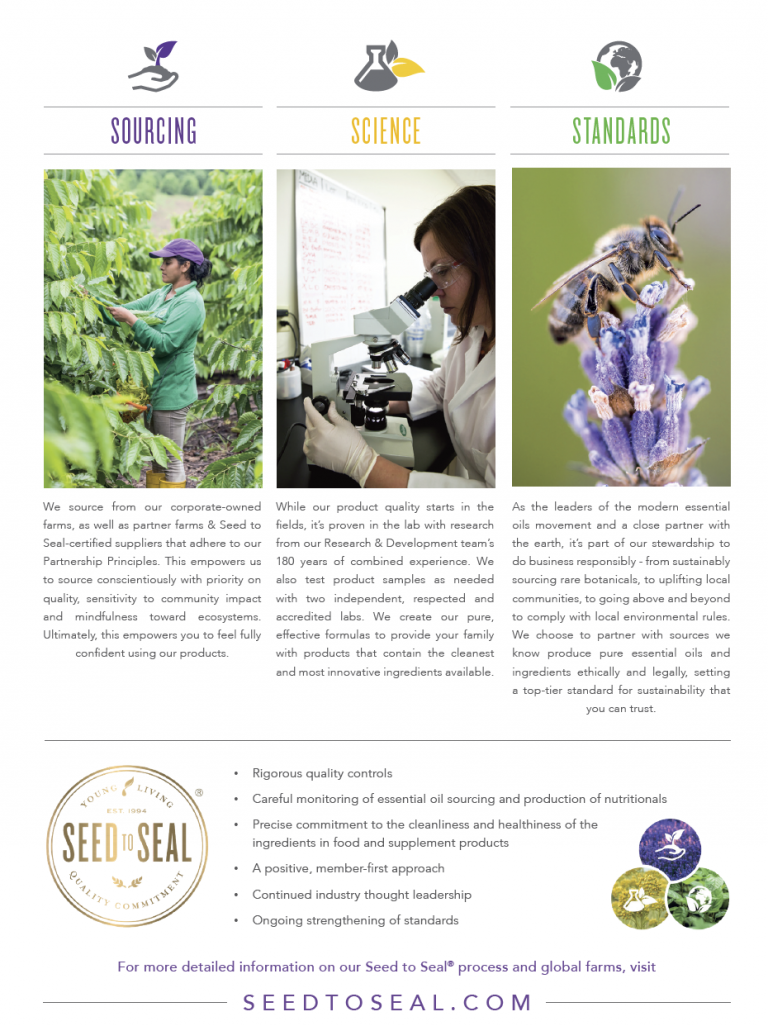
How Are Oils Made?
It takes a great deal of work to produce a tiny amount of essential oil!
- 60 thousand rose blossoms provide only 1 ounce of rose oil.
- Lavender is abundant – 220 pounds will proved 7 pounds of oil.
- Jasmine flowers must be picked by hand before the sun becomes hot on the very first day that they open, making it one of the most expensive oils in the world!
- A sandalwood tree must be 15 – 30 years old before it can be cut down for distillation.
A 5ml bottle contains about 90 drops and a 15ml bottle around 250 drops. Each application is only 1-3 drops, so a little goes a long way! Know your oils so the you an use them to best effect.
To order your oils or to become a Member, contact me directly or follow this link…
Much Love
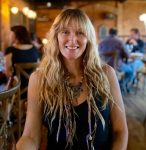
Shekinah Leigh
Kahuna Massage Specialist * Civil Marriage Celebrant * Shamanic Practitioner * Rites of Passage Facilitator
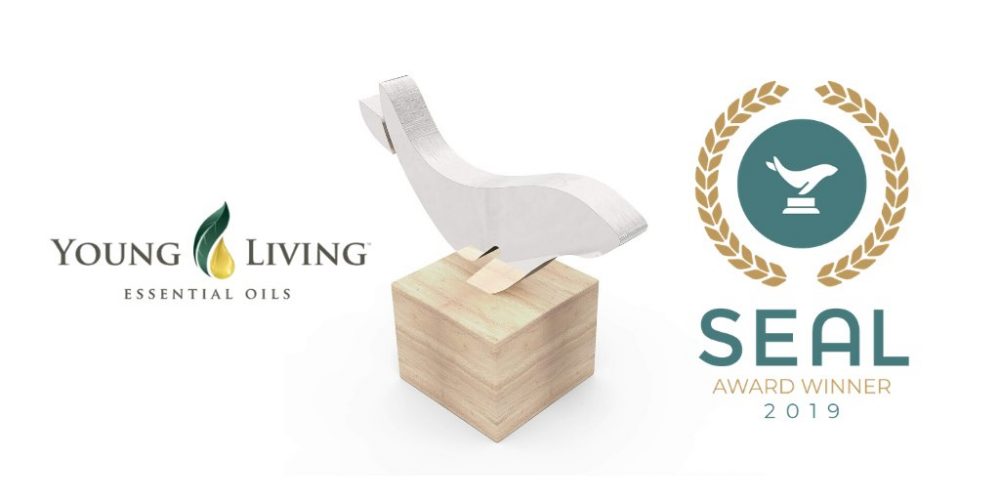
Young Living Sustainability - SEAL Award
The SEAL (Sustainability, Environmental Achievement & Leadership) Awards is an awards-driven environmental advocacy organization. Our core beliefs maintain that our environmental progress requires true leadership and sustainability leaders deserve recognition!


